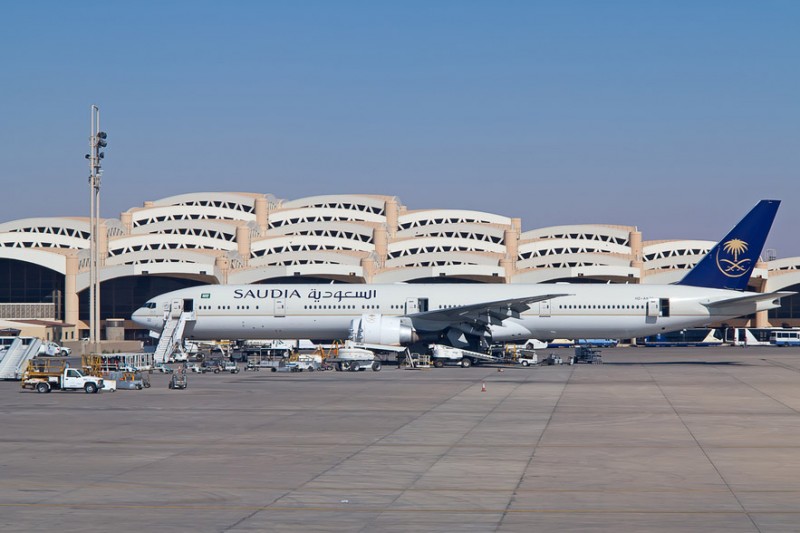
The United States has ended a four-month ban on passengers carrying laptops on-board U.S. bound flights from certain airports in the Middle East and North Africa, following the lifting of restrictions on Saudi Arabia’s King Khalid International Airport.
In March, the United States banned large electronics in cabins on flights from 10 airports in the Middle East and North Africa over concerns that explosives could be concealed in the devices taken onto aircraft.
The ban has been lifted on the nine airlines affected – Emirates , Etihad Airways, Qatar Airways, Turkish Airlines , Saudi Arabian Airlines, Royal Jordanian , Kuwait Airways , EgyptAir and Royal Air Maroc – which are the only carriers to fly direct to the United States from the region.
King Khalid was the last of 10 airports to be exempted from the ban, the U.S. Department of Homeland Security (DHS) confirmed in a tweet late on Wednesday.
U.S. officials lifted the ban after visiting the 10 airports in Egypt, Morocco, Jordan, the United Arab Emirates, Saudi Arabia, Kuwait, Qatar and Turkey over the past three weeks to confirm new security measures announced last month were being implemented.
The new requirements include enhanced passenger screening at foreign airports, increased security protocols around aircraft and in passenger areas and expanded canine screening. They affect 325,000 airline passengers on about 2,000 commercial flights arriving daily in the United States, on 180 airlines from 280 airports in 105 countries.
Leading industry group the International Air Transport Association (IATA) criticised the laptop ban as ineffective, as security experts argued that militants could travel to the United States via Europe or elsewhere where the restrictions didn’t apply.
Middle East carriers have blamed Trump’s travel restrictions, which include banning citizens of some Muslim majority countries from visiting the United States, for a downturn in demand on U.S routes.





